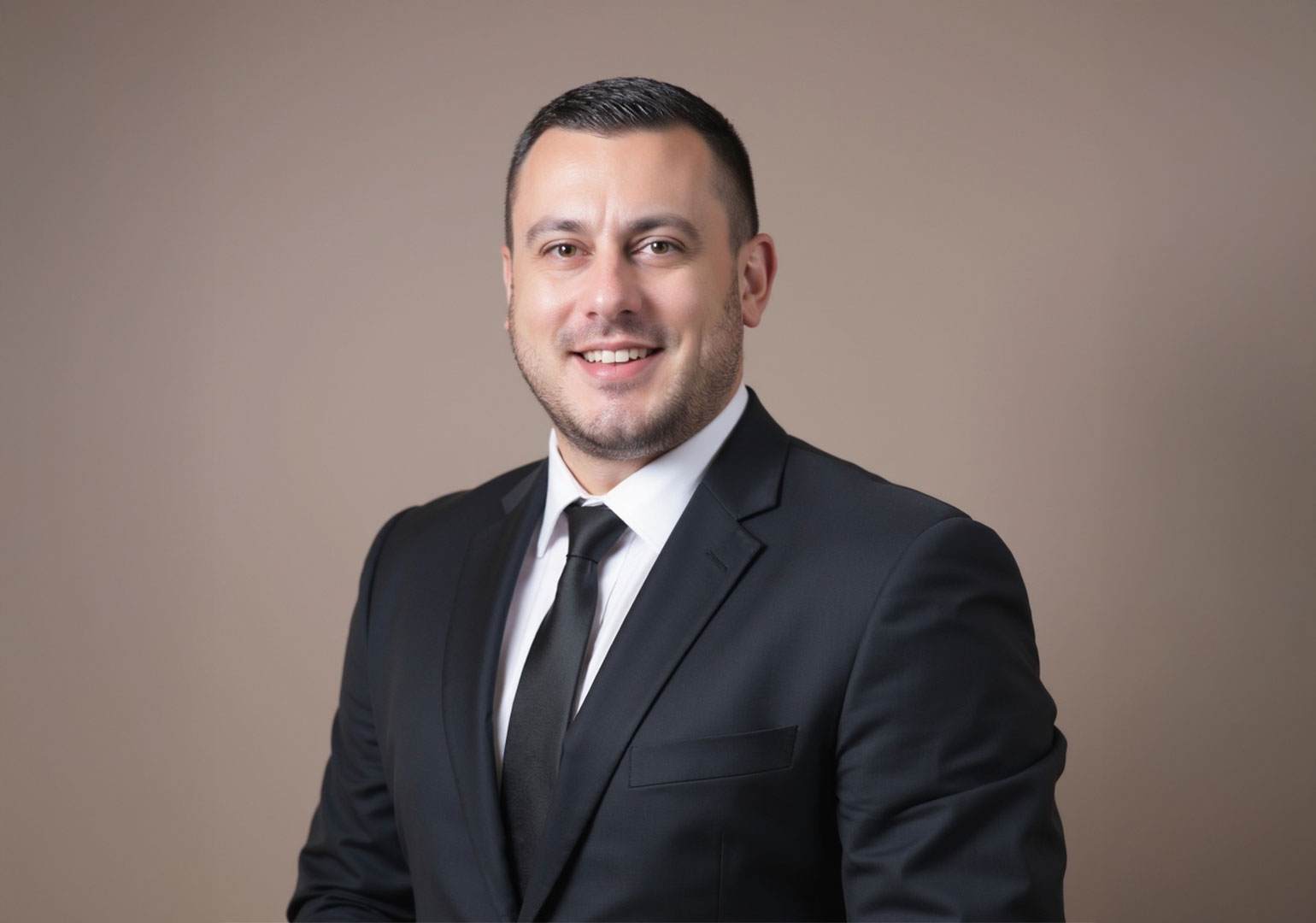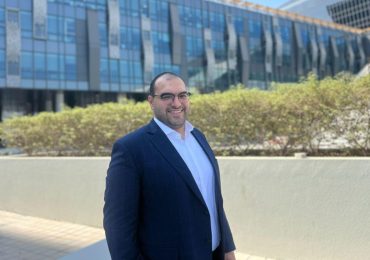Photo Courtesy of: Anthony Godley
Before launching one of Southeast Asia’s most respected business process outsourcing (BPO) operations, Anthony Godley spent more than a decade inside the machine. As a digital director and SEO strategist for high-volume brands across Australia and the United Kingdom, he developed a precise understanding of what worked, what broke, and what nobody had the nerve to fix. But it was during a stalled staffing project in Queensland that his frustration crystallized into action.
Retail Express, the company he supported while on a skilled visa, struggled to find skilled talent in its own backyard. Offshore options failed to meet standards. Internal processes buckled. Anthony Godley watched a business with growth potential slow to a crawl because it could not bridge capability gaps. It was not a unique problem—but his solution would be.
By late 2022, Logix BPO Managed Services Philippines Inc. was operational. Two years later, it is cash-flow positive, serves multinational clients from Australia to Iceland, employs more than 300 full-time workers, and delivers month-on-month revenue growth between 5 and 10 percent. Most strikingly, it has reached this stage without external capital, debt, or founder dilution. Anthony Godley is still the sole shareholder.
Strategy Without Capital: Building a Business to Withstand Volatility
In an ecosystem dominated by scale-through-funding, Anthony Godley’s capital structure is an anomaly. Logix BPO did not rely on seed rounds or advisory boards. It relied on lean systems and early client satisfaction. Every expense had to be justified. Every contract had to be profitable from day one. This framework allowed Logix BPO to expand during periods when many competitors pulled back.
That foundation was built during a uniquely difficult window. Anthony Godley lost his job during the COVID-19 lockdowns. Visa complications forced him out of Australia, and by early 2022, he had relocated his family to the Philippines. From there, he executed a plan that had been quietly developing since March 2021. A registered Australian Business Number allowed him to build early infrastructure, though he was legally barred from generating revenue. Instead of forcing growth prematurely, he documented processes, developed digital assets, and mapped a market entry model that balanced Australian client expectations with Philippine workforce capabilities.
Today, Logix BPO is known for delivering highly skilled customer service, accounting, recruitment, and technical support talent to clients struggling with local shortages. The firm’s most valuable asset, however, may be its internal methodology, rooted in cultural empathy, AI-assisted performance tracking, and a refusal to sacrifice quality for volume.
Innovation Through Culture and Retention
The BPO sector is notorious for churn. Call centers across Southeast Asia accept attrition as the cost of doing business, with monthly rates ranging from 18 to 23 percent. Anthony Godley took a different view. He saw workforce stability not as an outcome of bonuses or wellness days but as the product of systems that treat agents as specialists, not interchangeable units.
His team developed an internal HRIS (human resources information system) and ATS (applicant tracking system) to detect early signs of burnout, performance drops, or skill mismatches. A series of predictive analytics features—originally conceived as coaching aids—are now being turned into a proprietary SaaS platform. Logix recently ended a long-term contract with BambooHR in favor of its own software and may soon introduce the platform to external mid-market BPOs unable to build such tools in-house.
This focus on internal architecture paid off. Logix’s attrition rate dropped to between 8 and 10 percent monthly. Customer satisfaction scores rose 28 percent. First-call resolution rates increased by 35 percent. With each improvement came not only client growth but workforce stability, allowing agents to move into more complex, higher-value work.
As Anthony Godley puts it, “The industry taught people to leave. We’re trying to teach them to stay.”
Global Clients, Regional Discipline
Although headquartered in the Philippines, Logix BPO was built to service global demand. Clients include Lotus Cars, Reykjavik Sightseeing, FlyOver Iceland, and the world’s largest insurance firm. These are not passive accounts—they represent long-term partnerships in markets not traditionally viewed as outsourcing targets. That reach is no accident. Anthony Godley designed Logix’s model around embedded outsourcing, where remote agents operate as full extensions of their client teams.
The company’s staffing strategy favors micro-specialization. Healthcare support teams receive different onboarding modules than those serving retail e-commerce. Recruitment process outsourcing agents follow different productivity metrics than outbound sales. This attention to vertical detail, paired with low overhead and custom-built software, allows Logix BPO to price aggressively without eroding margin.
With Southeast Asian markets like Vietnam, Japan, and China showing increased interest, Anthony Godley has begun mapping regional hiring hubs that could mirror his Philippine success. The goal is not to export a call center model, but to replicate a workforce platform optimized for talent retention, cultural fit, and real-time data feedback.
A New Model for Growth in a Saturated Sector
Anthony Godley is not the first entrepreneur to try and fix outsourcing. He may be among the few to do it without shortcuts. His business has grown during economic turbulence, under regulatory constraints, and without access to traditional funding. It has delivered multi-million dollar revenue, earned international compliance certifications, and established a recognizable reputation across APAC markets—all while avoiding the dilution and debt that usually accompany scale.
Logix BPO’s growth is not driven by a charismatic founder story or a splashy product. It is driven by the simple proposition that workforce solutions should work for clients and employees alike. That proposition, applied with consistency and operational rigor, may be what allows Anthony Godley to reshape what has long been one of the most transactional industries in the global economy.
“I’ve always known the model could work,” he said. “But it had to be built around people first. Every system, every hire, every client has to fit that idea—or it starts to break.”
Anthony Godley is building a business that will not break. In a sector still recovering from its own short-term thinking, that might be the rarest asset.

















